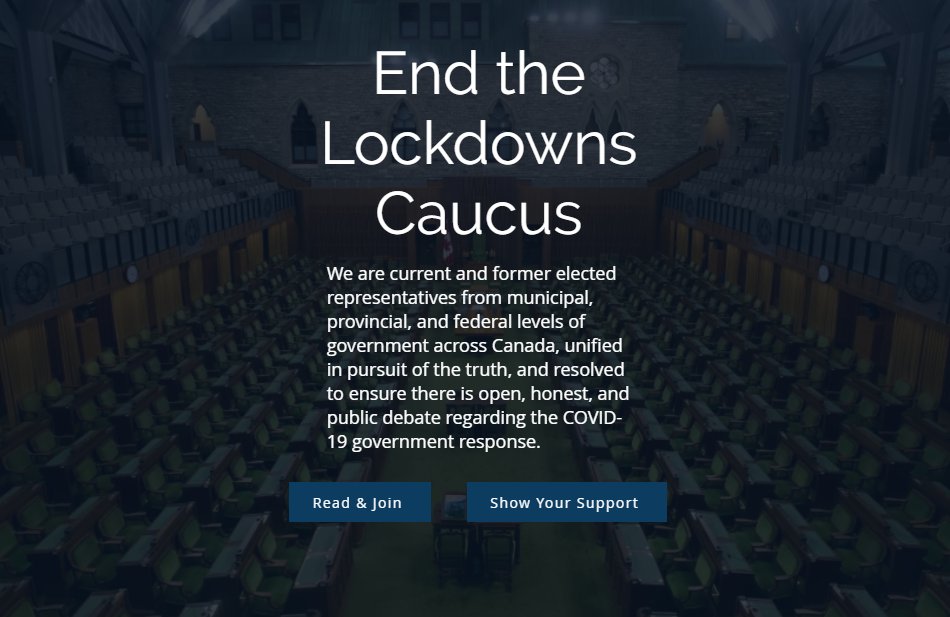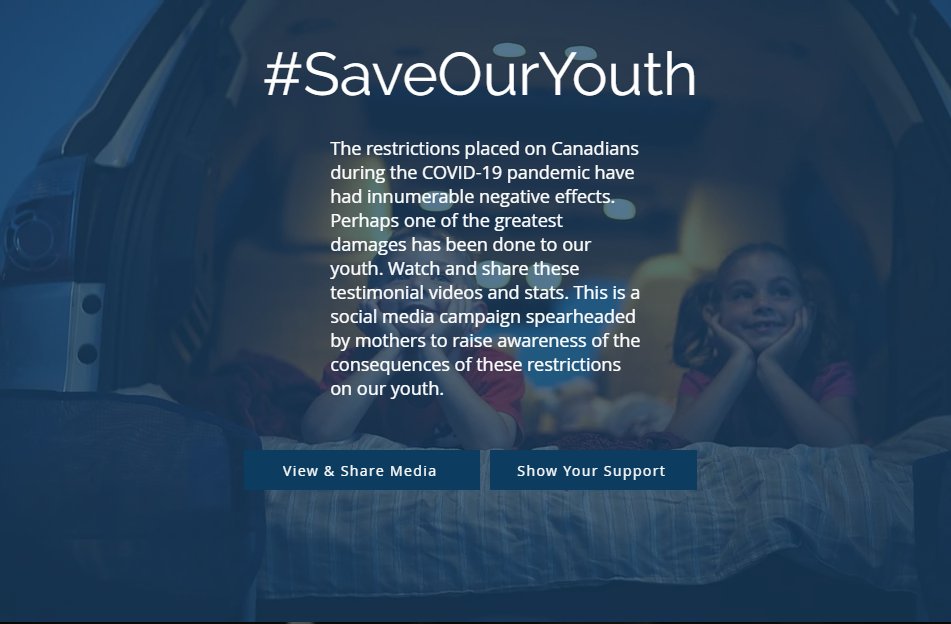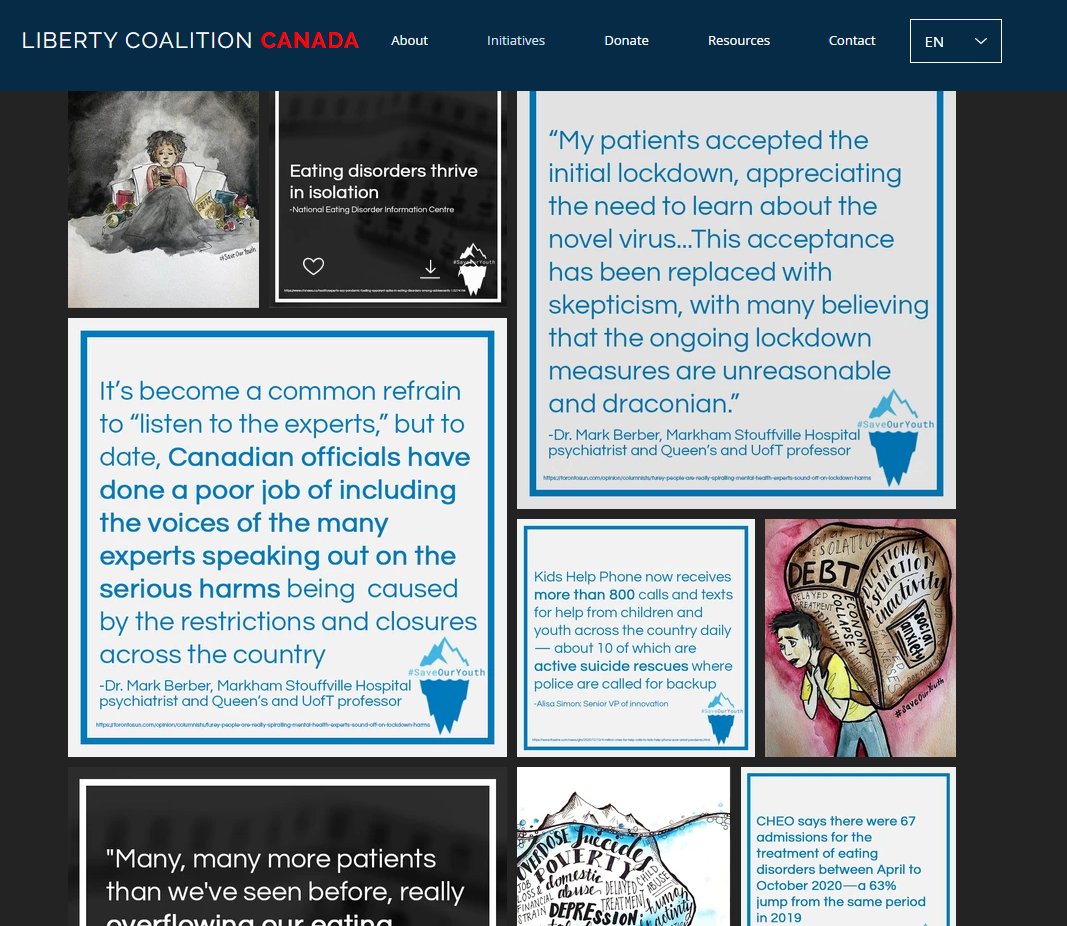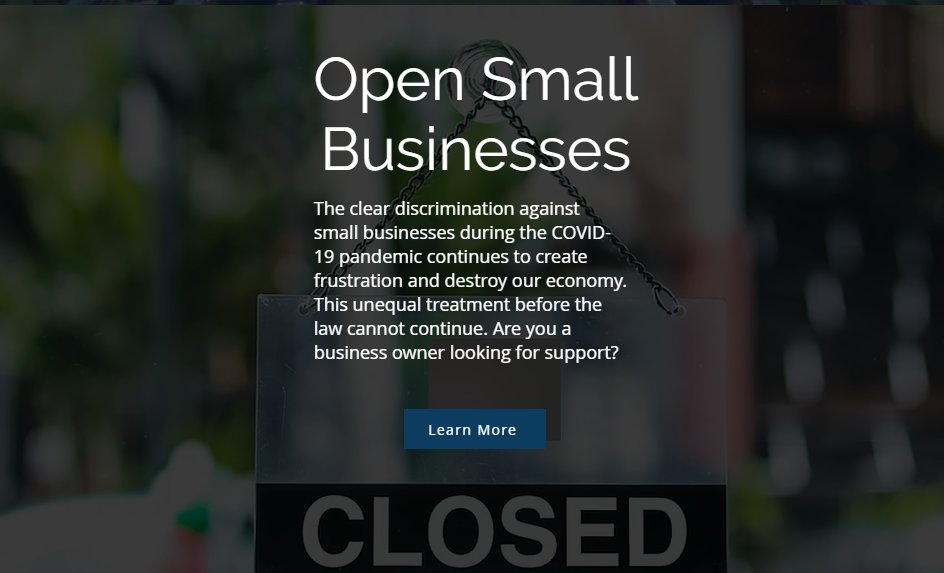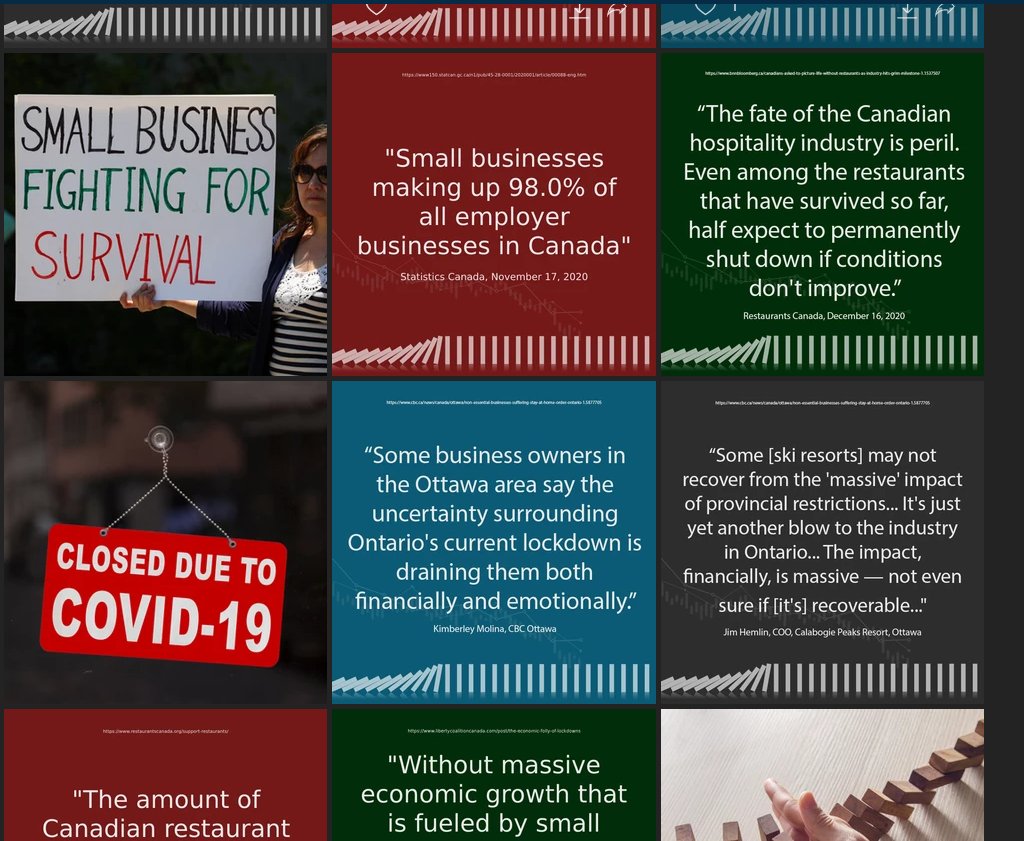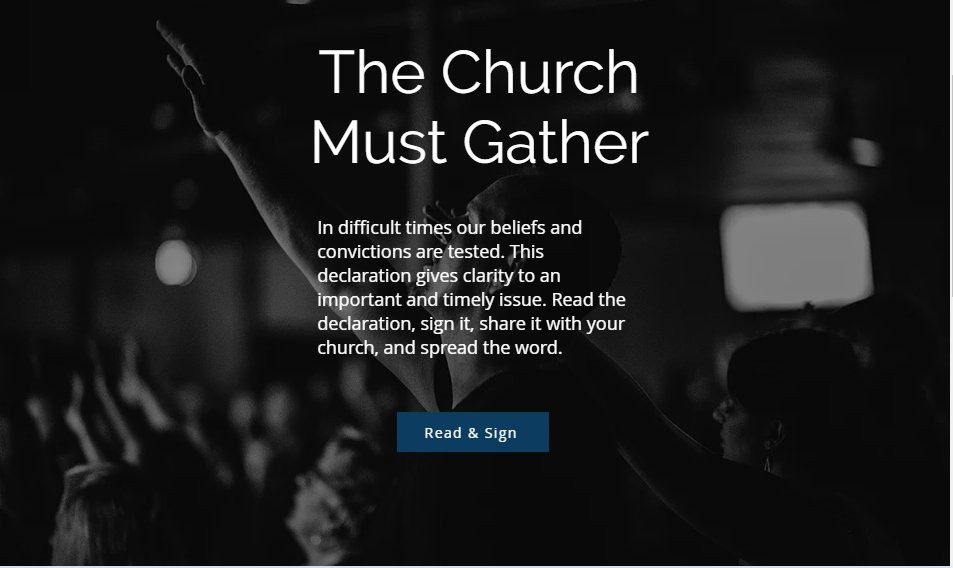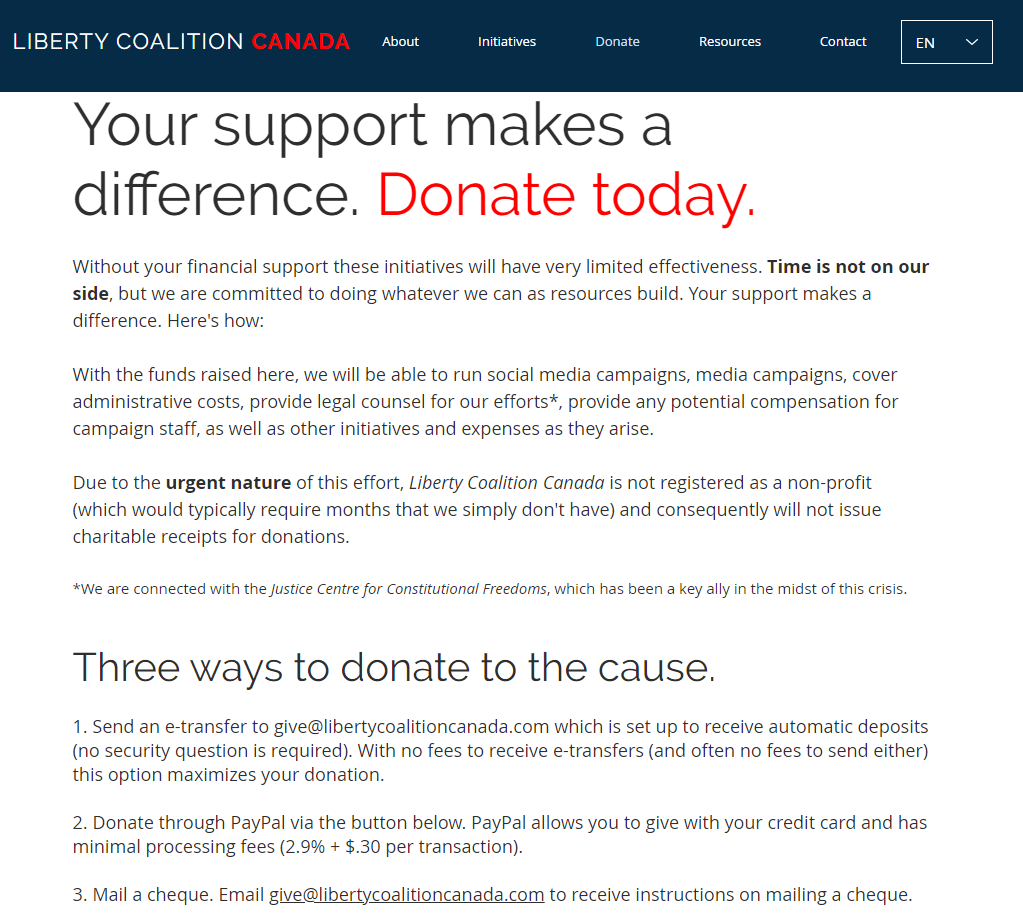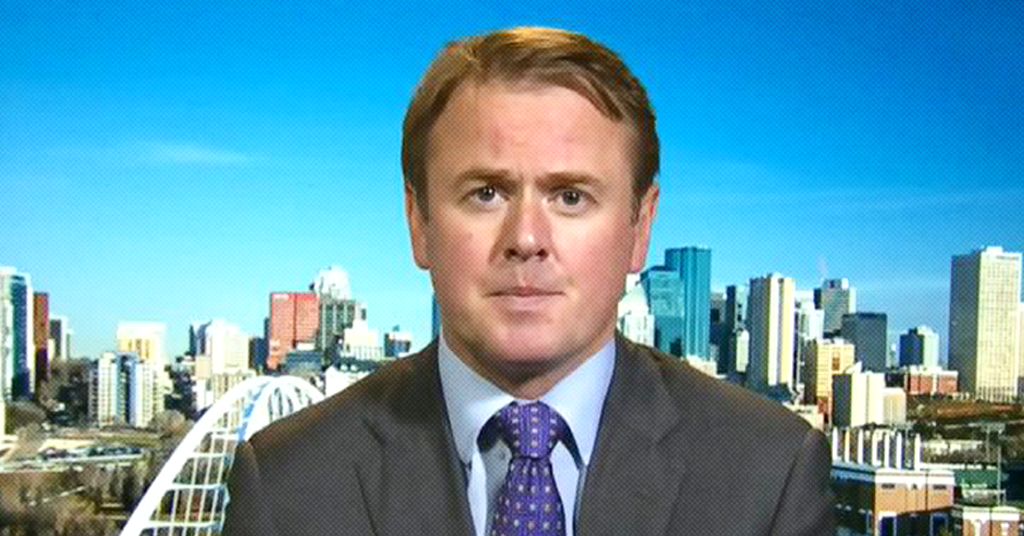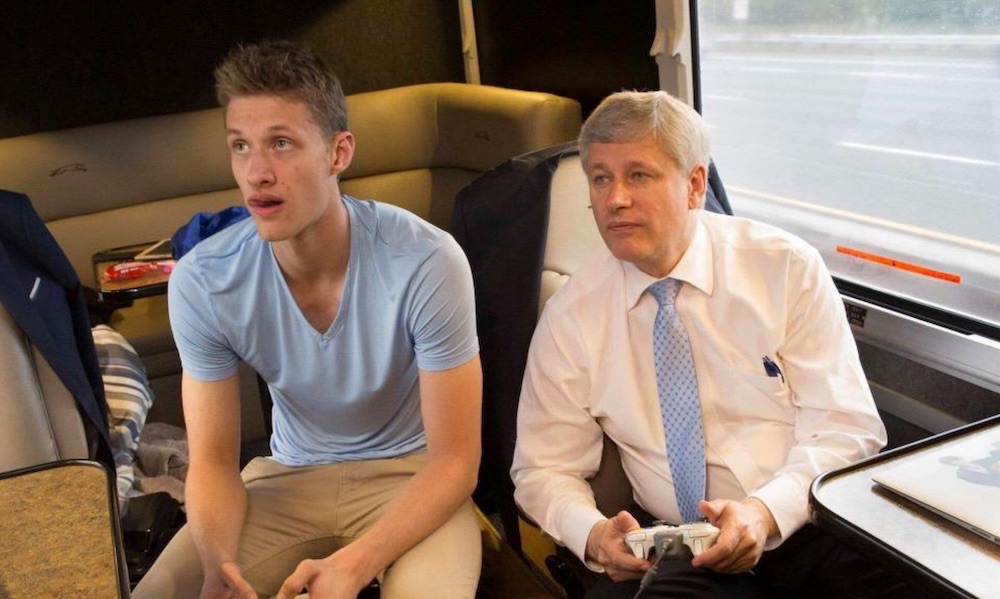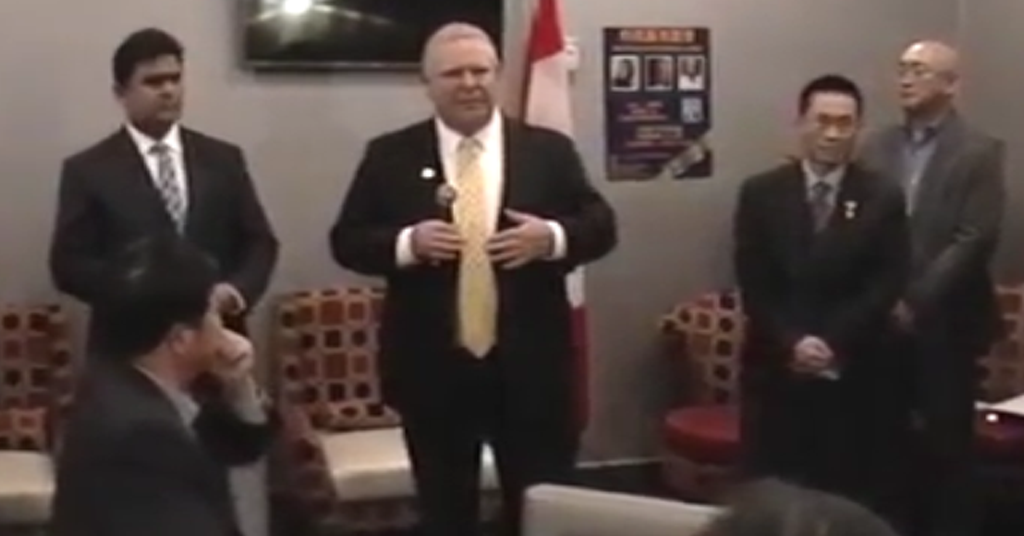I came across this post I wrote in 2017. I had not posted it here, and unfortunately mass shootings never stop being an ongoing thing in the US, so...
I saw an American couple interviewed on CBCNN this morning. They had been at the concert in Las Vegas. The most striking thing they had to say was that, despite what had happened, they still felt people needed to have guns. To protect themselves. He said something to the effect of "You can't regulate crazy, so we need guns to protect ourselves from the crazies with guns." He also said he wished there was a way to stop these things from happening, but he really couldn't imagine what that would be.
This is exactly why things can't change in the US. They can't get their heads around the idea that if guns are not readily available, gun violence will diminish.
Studies have shown that even those trained and practiced in gun use generally don't do anything when confronted by a shooter. They freeze. They run or duck. Worst case, they start shooting wildly, potentially hitting innocent bystanders. But you can show this data to many Americans and they respond with, well, that's them. I would do better.
So you have the notion of American exceptionalism. The idea that they are superior, collectively and especially individually, even to other Americans. This notion is perpetuated by American film and television. Many imagine that, if they were in a shooter situation, they would become Rambo, or Clint Eastwood, or Iron Man. How many movies have an American hero showing up in another country to save everyone? And this probably stems from the idea that they swooped in during WWII and saved the world, while the rest of the world was just sitting around being overrun by Nazis. This leads directly to a dismissal of best practices from other countries. Because if America is, as they say again and again, "The greatest country in the world!" then what could they possibly learn from anyone else?
They are actively intent on not listening, not on health care, not on justice systems, and certainly not on gun control.
Mass murders are just something that happens. It's a darn shame, but what can you do? They blame "crazy people" or "foreign attackers", but cannot grasp that accessible mental health care, less economic inequality, and not going around the globe "freeing people" from themselves would go a long way to cut down on both those factors. And even if you have "crazy people", if they don't have guns, they can't do nearly as much damage than if they do have guns. It seems pretty obvious to the rest of the industrialised world. But no. They argue, "but if you get rid of guns, the crazy people will just use something else. Where does it stop? Outlawing knives and cars and hammers?" However, I would postulate that a 64 year old man with a hammer would not have been able to kill 59 people and injure more than 400.
There is an intense need in the American psyche to cling to ideas that appear irrational to everyone else.
Of course, there is a huge economic incentive to avoid any changes. Who makes money from gun violence? Gun manufacturers and retailers, certainly. Every time there is a big mass shooting both the sale of weapons and the stock value of arms manufacturers go up. The insurance industry and the for-profit medical system make money. Lawyers make money. Network news stations get more eyeballs on screens for longer and can boost their advertising revenue. Psychiatrists and psychologists make money. The funeral industry makes money. Florists make money. Police departments can argue for increased budgets and more militarised gear (which makes arms manufacturers even more money). I dare say even churches make more money as the frightened and the bereaved may tithe more.
Possibly the most important of all in this situation, is that lawmakers, faced with demands to put more restrictions on firearms, receive funding or promises of funding from the NRA in exchange for doing nothing.
The entire social fabric is rigged to perpetuate mass shootings. The justice system is set up to jail as many people as possible and then release demoralised, disenfranchised, unemployable individuals. The health care system, such as it is, creates untenable situations for many. Bankruptcy, debt, lack of care... Economic inequality, racism, struggling education systems, and a mass media that teaches viewers that the world is a terrifying place and only the strongest (and most armed) survive.
If 20 little children killed at Sandy Hook couldn't get through this armour of willful ignorance and corporate control, it is likely nothing will. I don't intend to go to the US, possibly ever again. It is a dangerous, violent country. And not all Americans feel this way, but enough do that it is unlikely anything will change.
